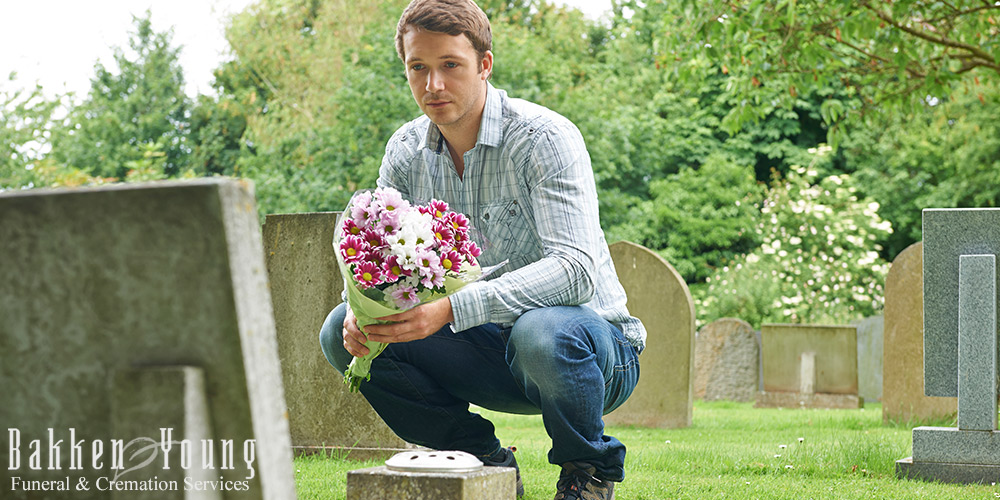Death doesn’t always come after a long wait. Death can be abrupt, untimely and unexpected. When this is the case, those left behind are often left with many questions and a lot of grief. Do you find yourself in this situation? Unfortunately, there are no quick fixes to your pain, but there are some things that may help you navigate your grief after an unexpected death.
Ask the Hard Questions
A friend, let’s call him Bill, was once with a grieving woman who had just lost her daughter unexpectedly. The woman kept saying, “I won’t question God about her death.” Without even realizing it, Bill found himself agreeing with this woman. Once he caught himself, he recognized that this woman should be asking God about her daughter’s death, because they both believed that God was the one who knew the most about her death.
Whether you are religious or not, asking those hard questions about a loved one’s death can feel like a pointless exercise. While you may never get the full answer for your questions, it can be healthy to ask those questions, even just to yourself. Let yourself be sad, angry, or whatever emotion comes up. In our wrestling with those deep and hard questions, we often learn more about ourselves than we ever would otherwise.
Know When to Let Go
The trick isn’t knowing when to let go of your loved one – that is impossible. They have left a mark on your life and that is a good thing to remember. The hard thing is letting go of the things that you can’t control. If you’ve asked those questions a million times and thought about a hundred different scenarios of how things could have gone differently, in the end, you can’t change the past. But you can change the way that you let the pain affect you. When it is time, know that you can let go of the unanswered questions. Let go of the wondering about how things should have gone. Forgive yourself for not being able to stop this person’s death. Give up the control you wish you had and move forward.
Don’t Isolate Yourself
Everyone grieves in different ways, but if you’re the type of person who isolates yourself during mourning, recognize that you still need people in your life. Whether it’s connecting with long time friends or making new ones, make sure to spend time with others. For some, being with the same friends you had with your loved one makes you feel more lonely. It is okay for you to make new friends if you need to. Join a grief group, ask a new neighbor to go walking, or make a friend at your local church. Whoever you surround yourself with, it will be healthy to connect with new or old friends.
Any kind of death takes a toll on us. Give yourself time and grace to go through your own grieving process. It doesn’t have to fit anyone else’s expectations or definitions. Do what you need to and eventually, you will find yourself in a new stage. Things will be different and probably still hard, but know that you can do this. You are stronger than you think.


Add Comment